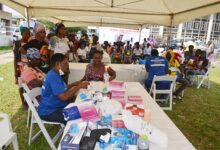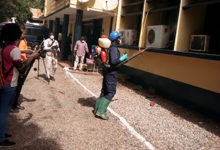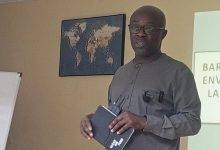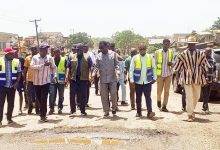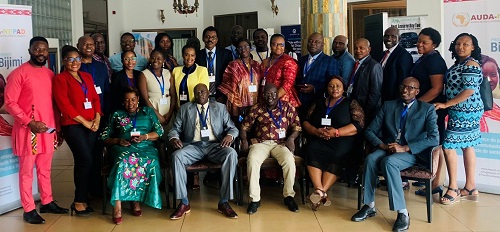
A three-day knowledge-sharing meeting aimed at building a resilient primary healthcare system on the African continent kicked off in Accra on Wednesday.
Under the “Project Bijimi”being implemented by the African Union Development Agency(AUDA)-New Partnership for Africa’s Development (NEPAD), the meeting brought together health professionals, experts and stakeholders to help strengthen community healthcare services in five targeted African countries.
They include the Central African Republic, Chad, Burundi, South Sudan and Lesotho.
The Head of Health Unit at the AUDA-NEPAD, Dr Janet Byaruhanga, speaking to journalists at the opening of the meeting, explained that the two-year project (2023-2024), at an estimated cost of USD 2,400, is expected to benefit at least 45,000 people living in rural communities.
She said it would focus on sensitising community members, training and up-skilling community healthcare workers to effectively deliver health services, while encouraging right remuneration and investment in community healthcare.
“Our guiding principles are to ensure that primary healthcare is comprehensive, complete, adequate, affordable and acceptable by the community, and it is also participatory and involves all needed stakeholders.”
The public health expert said the role of community healthcare in advancing global health targets cannot be underestimated “especially in our African setting where our health systems are mostly community based”.
“It is 40 years now when the world met in a conference to agree on the role of community healthcare at the core of health systems. If we are able to capacitate and empower the primary healthcare system, it will bring about universal health coverage (UHC)goals faster and more practicable.
It is important we put our investment where the majority of the people are living, and that is how we will be able to achieve better response to pandemics, outbreaks and other emerging diseases burdening the African continent and the world,” she advised.
The Chief Executive Officer of the Africa Health and Economic Transformation Institute, Dr Fred Ogola, said drawing from the lessons of COVID-19 and other emerging diseases, African countries must collaborate to develop home-grown interventions that would ensure the health security of its populace.
He recommended key reforms in the continent’s political, educational and manufacturing sectors to reduce dependency on foreign countries in the supply of drugs and other health commodities, while promoting impact-driven investment and research in the health sector.
BY ABIGAIL ANNOH

